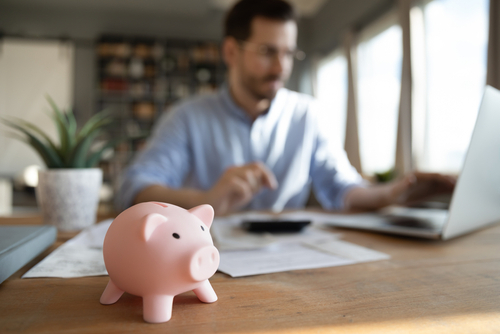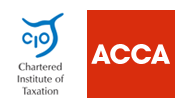There are a number of day-to-day running costs associated with owning a business, but did you know if you’re self-employed you can deduct some of these costs if they are considered allowable expenses?
Once these costs have been deducted, you can work out your taxable profit. For example, if you turn over £50,000 each year and you claim £15,000 in allowable expenses you will only pay tax on the £35,000 that remains. This is what people refer to when they are talking about taxable profit.
But how do you know what you can count as an allowable expense? And what about if you use something, such as a phone for both personal and business purposes?
We explain all here.
What is an allowable expense?
There are a number of different items and services that HMRC considers to be an allowable expense. These include:
Advertising or marketing – Such as the cost to run a website.
Clothing expenses – Including uniforms and protective workwear. For example, if your team is expected to work on a building site and require a safety helmet and high-vis vest.
Costs of your business premises – This includes heating and lighting costs.
Financial costs – Such as bank charges or business insurance.
Office costs – This can be anything used in the office from stationery and paper to broadband.
Staff costs – Such as salaries.
Things you buy to sell on – For example, if you run a bakery the ingredients you use to make a cake are considered allowable expenses.
Travel costs – Such as parking outside the office or travelling to visit a client.
My phone is used for personal and business uses. Is that an allowable expense?
If you have something you use for both business and personal use – such as a laptop or phone – you will only be able to claim allowable expenses for the business use.
For example, if your total phone bill for the year is £450 and you’ve spent £250 of that on business calls, you will be able to claim £250 in business expenses.
Similarly, if you work from home (like many people now do since the Coronavirus pandemic) you may be able to claim a proportion of costs for a number of things if you can find a way to reasonably divide your costs, such as the amount of time you’ve spent working at home.
These can include:
- Heating and electricity
- Council tax
- Internet
- Mortgage interest or rent
I don’t have the time. Can I use simplified expenses?
If you’d rather avoid spending time with complex calculations to work out your business expenses, you can use something called simplified expenses.
These are the flat rates you can pay that save you from working out your actual business costs and can be used for your vehicle, working from home or living on your business premises. All other expenses must be calculated by working out their actual costs.
Whilst choosing to use simplified expenses can save you time and effort, they may not always be the best option for your business. These can also only be used by sole traders and some business partnerships.
If you’re not sure what would be best for your business, it’s definitely worth reaching out to a reputable accountant – after all, unless you’ve undergone the same level of accountancy training they will know far more on the topic.
What about if you run a limited company?
If you run a limited company there are some different rules to follow. For example, whilst like a sole trader you can deduct any business expenses from your profits before tax, you must report any items you make personal use of as a company benefit. This can include anything from a company car to health insurance, training courses and childcare.
If you receive any of these benefits from your company, you may need to inform HMRC and pay tax and National Insurance on them.
So, what now?
We know not everyone enjoys the numbers side of business which is why we invite anyone who has any questions about any of the topics discussed to please get in touch with a member of our team on 01952 216872.




